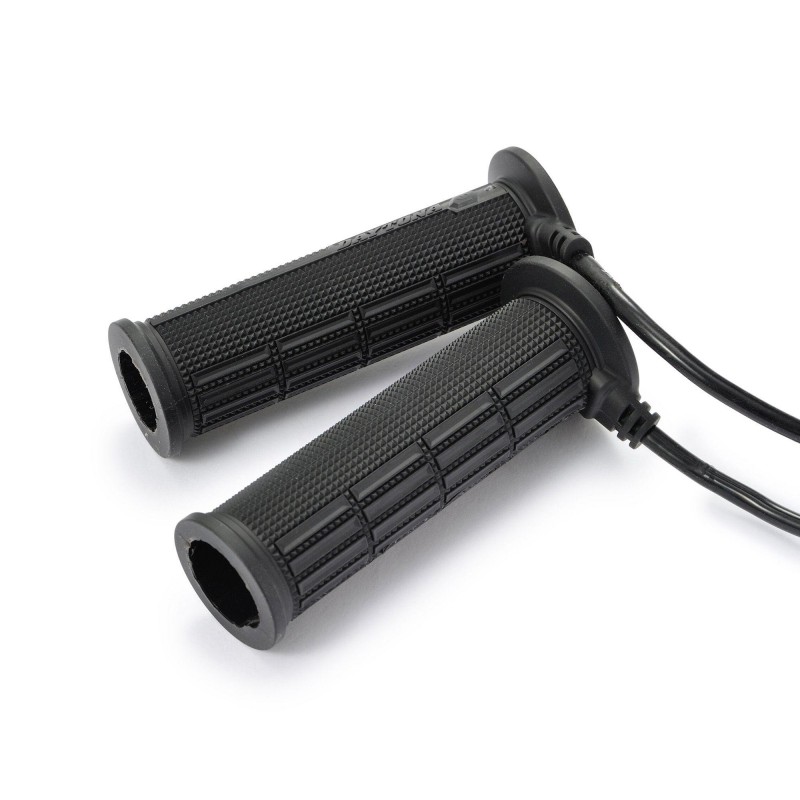Engine performance is a critical aspect of any vehicle’s operation. In an ever-evolving automotive landscape, understanding how to maximize engine efficiency can lead to significant benefits, both in terms of power output and fuel economy. Whether you are a seasoned car enthusiast or a casual driver, enhancing engine performance should be one of your primary goals. This article aims to delve into various facets of engine performance, examining important factors and offering practical techniques that can be implemented to boost your vehicle’s capabilities. From routine maintenance to advanced modifications, we will cover effective strategies, ultimately empowering you to optimize your driving experience.

Understanding Engine Performance
To fully appreciate the concept of engine performance, it’s essential to grasp what it encompasses. Engine performance refers to how well an engine operates, which is often measured by metrics such as horsepower, torque, fuel efficiency, and throttle response. Each of these aspects plays a vital role in determining how well a vehicle performs on the road. Higher horsepower signifies more power to the wheels, while torque impacts your vehicle’s ability to accelerate. Conversely, fuel efficiency relates to how effectively an engine utilizes fuel, which can lead to noticeable savings at the pump.
Moreover, the state of your engine can also affect its longevity and reliability. An engine that is performing poorly may consume more fuel and produce higher emissions. It may also lead to expensive repairs over time. Therefore, regular maintenance and performance enhancement are key to ensuring your engine remains in optimal condition. A deep understanding of these factors will help you make informed decisions regarding upgrades, maintenance, and everyday driving habits.
Routine Maintenance for Optimal Engine Performance
One of the most effective ways to enhance engine performance is through regular maintenance. This step is often overlooked, yet it can have a profound impact on your engine’s functionality. Here are several critical maintenance tasks that can improve performance:
Oil Changes
Regular oil changes are vital. Engine oil lubricates moving parts, reducing friction and preventing overheating. Over time, oil degrades and becomes less effective. To ensure your engine operates smoothly, check and change your oil as per your manufacturer’s recommendations. Using high-quality synthetic oil can also boost performance by providing better lubrication.
Air Filter Replacement
An often-neglected component is the air filter. A clean air filter allows for improved airflow to the engine, promoting better combustion. Dirty or clogged filters can restrict airflow, reducing power and efficiency. Regularly check and replace your air filter to keep your engine breathing easily.

Spark Plug Inspection
Spark plugs are crucial for ignition and must be in good condition for optimal engine performance. Worn or fouled plugs can lead to misfires, decreased fuel efficiency, and increased emissions. Inspect your spark plugs regularly and replace them as needed.
Cooling System Maintenance
The engine cooling system is essential for controlling temperatures and preventing overheating. Check the coolant levels and inspect the radiator for leaks or corrosion. Regular flushing of the cooling system can also prevent buildup, ensuring optimal performance.
Fuel System Cleaning
Dirty fuel injectors can negatively affect fuel delivery, leading to poor engine performance. Using a fuel system cleaner during regular maintenance can help dissolve deposits and keep injectors functioning properly. Consider periodic fuel system cleaning as part of your maintenance routine.
Tire Maintenance
While not directly related to the engine, maintaining proper tire pressure can influence fuel efficiency and overall performance. Under-inflated tires can increase rolling resistance, making the engine work harder. Ensure your tires are adequately inflated and aligned, as this can contribute to better handling and improved fuel economy.
Performance Enhancements: Upgrades to Consider
For those looking to take engine performance to the next level, upgrading components can yield significant benefits. Different enhancements can cater to various performance goals, whether increasing power or enhancing efficiency.
Cold Air Intakes
Installing a cold air intake can improve airflow to the engine. By using cooler, denser air, your vehicle can experience increased power output. This simple upgrade helps the engine breathe better, resulting in improved throttle response and acceleration.
Exhaust System Upgrades
An aftermarket exhaust system can enhance engine performance by allowing exhaust gases to exit more efficiently. This can reduce back pressure, helping the engine perform at its peak. Consider a cat-back exhaust system, which can provide noticeable improvements in sound and performance.
Engine Tuning
Tuning your engine is another effective way to improve performance. This process involves reprogramming your engine’s computer to optimize fuel maps, timing, and other factors. A professional tune can lead to increased horsepower, improved throttle response, and enhanced fuel efficiency.
Turbocharging or Supercharging
For those looking for dramatic power increases, adding a turbocharger or supercharger can provide significant boosts in horsepower and torque. These forced induction systems compress air entering the engine, allowing for more fuel to be burned. While these options can be more complex and expensive, they can transform the performance capabilities of your vehicle.
Performance Headers
Performance headers replace the stock exhaust manifold, improving exhaust flow. By reducing restrictions and improving scavenging, headers can lead to noticeable increases in horsepower and torque. They can be an ideal upgrade for those looking to enhance their vehicle’s performance further.
ECU Upgrades
The engine control unit (ECU) plays a critical role in managing engine performance. Upgrading or reprogramming the ECU can unlock hidden potential in your vehicle. Whether by adjusting fuel mappings or optimizing ignition timing, a new ECU tune can provide substantial benefits.
Driving Habits That Affect Engine Performance
Even the best-maintained engine can suffer from poor driving habits. How you drive your vehicle can drastically impact performance and efficiency. Adopting better habits can lead to improved fuel economy and enhanced longevity. Here are some tips to consider:
Smooth Acceleration and Braking
Aggressive acceleration and sudden braking can place unnecessary stress on the engine, leading to wear over time. Practice smooth driving transitions to maintain optimal performance and fuel efficiency.
Avoiding Excessive Idling
Idling consumes fuel without moving the vehicle. Prolonged idling can also lead to carbon buildup in the engine. Turn off the engine if you expect to be stationary for more than a minute.
Maintaining a Steady Speed
Using cruise control on highways can help maintain a steady speed, improving fuel efficiency. Sudden changes in speed require more power from the engine, which can negatively impact performance.
Reducing Weight
Increasing the weight of your vehicle can strain the engine and decrease fuel efficiency. Remove unnecessary items from your vehicle and avoid carrying excessive cargo to enhance performance.
Mind the RPM
Over-revving an engine can lead to unnecessary wear and tear. Pay attention to the tachometer and shift gears at the appropriate RPM for your vehicle to maintain optimal engine performance.
Understanding Fuel Quality and Its Impact
The type of fuel you choose can significantly influence engine performance. Different fuel grades and formulations can affect not only power output but also efficiency and engine health.
High-Octane Fuels
Using a high-octane fuel can improve performance for some engines, especially those designed for it. Higher octane fuel can help prevent knocking and allow for more aggressive tuning. However, using high-octane fuel in vehicles that do not require it may not yield noticeable benefits and could lead to unnecessary costs.
Fuel Additives
Fuel additives can help clean and protect your engine. Some additives improve combustion efficiency, which can enhance overall engine performance. Use high-quality fuel that can keep your engine clean and functioning optimally.
Ethanol and Its Effects
Many fuels contain ethanol, which can affect performance. Fuels with higher ethanol content can lead to decreased fuel economy, especially in older vehicles not designed to run on such fuels. Research your vehicle’s compatibility with different fuel types to ensure optimal performance.
The Importance of Proper Fuelling
Using the right amount of fuel can significantly impact performance as well. Overfilling the gas tank can lead to fuel spillage and potential system damage. Always follow manufacturer guidelines to ensure proper fuelling procedures.

Conclusion
Enhancing engine performance is a multifaceted endeavor that involves understanding various factors, undertaking proper maintenance, considering upgrades, and adopting better driving habits. By focusing on these aspects, you can unlock the full potential of your vehicle while maximizing fuel efficiency and overall reliability. Whether you are looking to improve daily driving experiences or seeking higher performance for racing, the principles discussed here provide a solid foundation. Remember, regular maintenance and care can help your engine perform optimally for years to come. So, tap into your knowledge, implement these strategies, and watch as your vehicle transforms into a high-performance machine.


